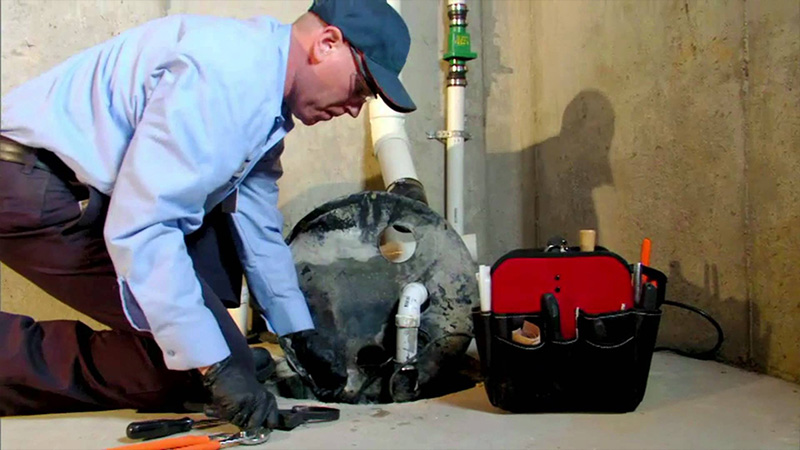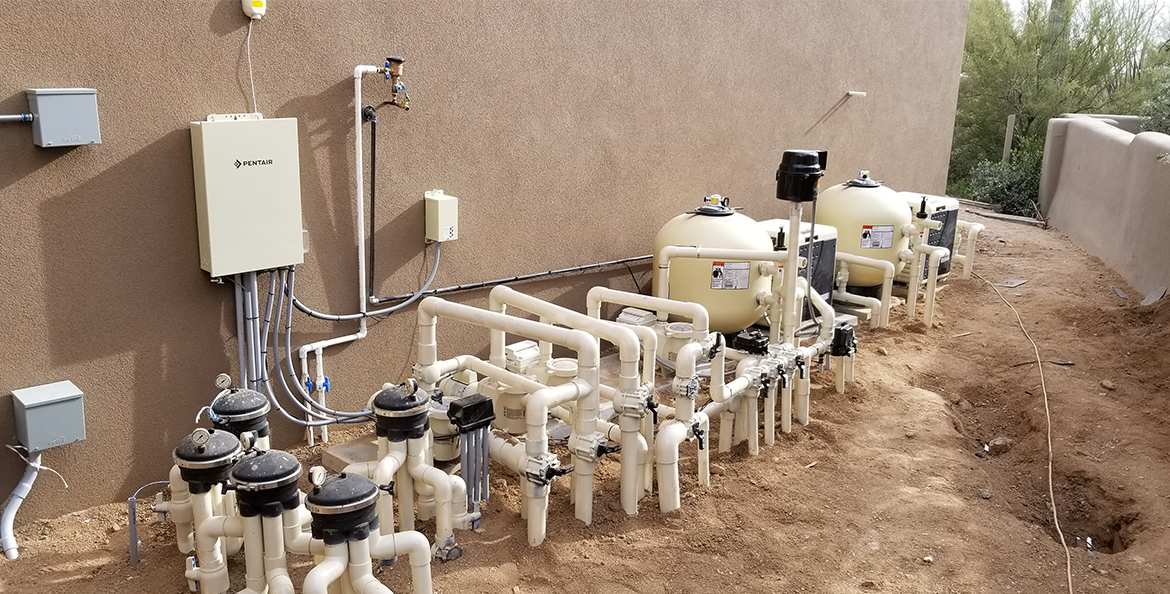Premium Water Softeners: Transforming Difficult Water into Soft, Glamorous Comfort
Premium Water Softeners: Transforming Difficult Water into Soft, Glamorous Comfort
Blog Article
Understanding the Trick Elements of Effective Water Filtration Solutions

Value of Water Filtration Solution
Water filtration systems play an essential function in making sure access to tidy and secure alcohol consumption water by effectively removing pollutants and contaminants. These systems are necessary in attending to the expanding issues over water top quality and the potential health and wellness risks connected with consuming polluted water. By using various filtration devices such as reverse osmosis, activated carbon, and UV sterilization, water filtering systems can effectively get rid of harmful compounds like microorganisms, infections, heavy metals, and chemicals from the water.
In addition, water purification systems aid to improve the taste and smell of water by getting rid of chlorine, debris, and various other contaminants that can influence its quality. Well Pump Replacement. This improvement in water quality not just makes it much more tasty yet also motivates people to consume an ample amount of water daily, promoting far better hydration and general health and wellness
Kinds of Filtering Parts

Physical filters are made to physically strain out impurities from the water. These filters can be constructed from materials like ceramic, carbon, or also sand, and they work by capturing fragments bigger than the filter's pores as water goes through.
Chemical filters make use of various chemical procedures to remove impurities from the water. Examples include activated carbon filters, which adsorb contaminations, and reverse osmosis membrane layers, which make use of stress to different impurities from the water.
Biological filters use living microorganisms like algae or microorganisms to break down organic matter and toxins in the water. These filters are typically utilized in wastewater therapy plants or all-natural water purification systems.
Comprehending the various sorts of filtering components is critical for selecting the most ideal water filtering system for certain purification demands.
Feature of Debris Filters
Debris filters play a vital function in water filtering systems by efficiently capturing strong bits suspended in the water. These filters are generally the first line of protection in a filtering system, getting rid of bigger fragments such as sand, silt, dust, and corrosion before the water relocates via finer purification phases. By capturing these debris, the filters prevent them from getting to downstream parts, therefore extending the life-span and efficiency of the whole system.
The feature of debris filters is crucial in preserving find more info water high quality and protecting delicate devices from damages brought on by debris. Furthermore, by removing visible fragments, sediment filters enhance the quality and taste of the water. Consistently changing or cleansing debris filters is important to make certain optimal performance. Ignoring this maintenance can bring about clogging, minimized water flow, and jeopardized filtration effectiveness. Overall, sediment filters are vital parts that add significantly to the efficiency of water purification systems.
Function of Turned On Carbon Filters
Playing a vital function in water purification systems, turned on carbon filters are important in getting rid of contaminations and impurities from the water. These filters are created to adsorb and catch a variety of contaminants, consisting of chlorine, unstable organic compounds (VOCs), pesticides, and herbicides. The activated carbon product has a big surface location, enabling the effective capturing of impurities through a procedure called adsorption. As water travels through the filter, the turned on carbon holds and draws in onto the contaminations, making sure that the water that appears on the other side is cleaner and safer for intake.
Triggered carbon filters are extremely effective at enhancing the taste and odor of water by lowering chemicals that can impact its high quality. Due to their adaptability and integrity, activated carbon filters are a vital component in making sure that water is purified to the greatest standards prior to reaching consumers.
Recognizing Reverse Osmosis Systems
Reverse osmosis systems are sophisticated water purification systems that utilize a sophisticated procedure to remove contaminants and pollutants from alcohol consumption water. These systems function by applying stress to the water, forcing it through a semi-permeable membrane layer. This membrane serves as a barrier, allowing only pure water particles to go through, while blocking larger molecules such as minerals, chemicals, and various other contaminations. Therefore, the water that appears beyond is dramatically cleaner and much safer for consumption.
One trick benefit of reverse osmosis systems is their capacity to get rid of a vast array of contaminants, consisting of hefty metals, dissolved infections, this article solids, and microorganisms. This makes them extremely reliable in enhancing the general top quality and safety and security of drinking water. Furthermore, reverse osmosis systems are relatively low-maintenance and can be mounted under the sink or in a main purification system, providing convenient accessibility to clean water throughout the family. Generally, comprehending how reverse osmosis systems function can help people make educated choices regarding their water filtering needs.
Final Thought
In conclusion, reliable water filtering systems are crucial for making sure risk-free and clean drinking water. By understanding the function and duty of each part, individuals can make informed decisions when selecting a water purification system.
Water filtration systems play a vital role in guaranteeing accessibility to secure and tidy alcohol consumption water by properly removing contaminations and pollutants. By using different filtering systems such as reverse osmosis, turned on carbon, and UV sanitation, water filtration systems can effectively get rid of dangerous substances like bacteria, viruses, hefty metals, and chemicals from the water supply.
Debris filters play an essential duty in water filtration systems by properly recording solid particles suspended in the water (Water Softeners).Playing a vital function in water filtering systems, triggered carbon filters are instrumental in getting rid of pollutants and pollutants click from the water supply.Reverse osmosis systems are advanced water filtering systems that employ an advanced process to eliminate pollutants and impurities from drinking water
Report this page